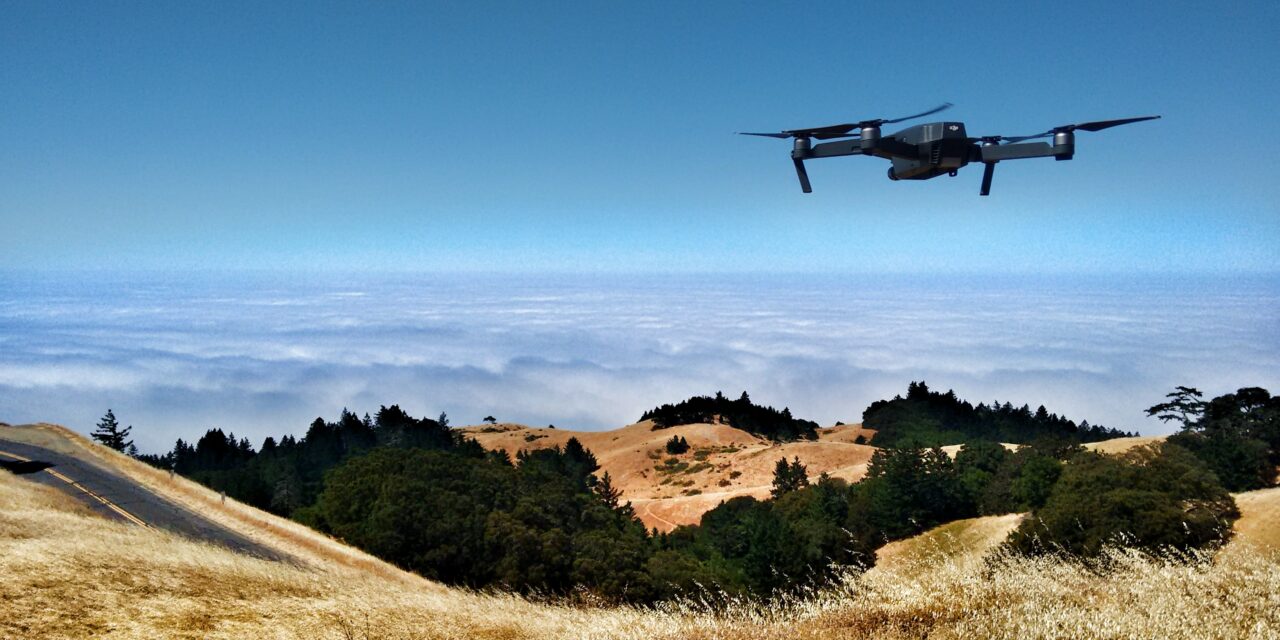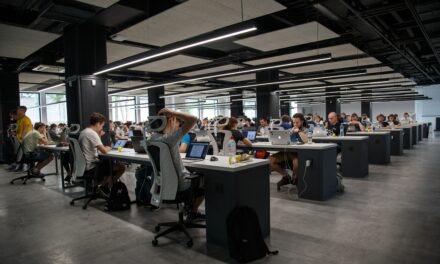Agriculture can suffer from the stereotype of being a traditional industry that is slow to take up new technology. Whilst tech adoption is indeed sometimes slow in agriculture, farming is currently undergoing what some have described as the fourth agricultural revolution. Autonomous robots powered by AI and machine learning could soon pick our crops and control for weeds, pest and diseases. Wearable technologies connected to the internet are already helping to monitor the health and welfare of individual animals, and drones are being used to monitor crops. New technologies, such as sensors and remote sensing, combined with decision support systems can collect huge amounts of useful data and help farmers to interpret it to make evidence-based decisions. All of these things have the potential to boost productivity, address labour shortages, protect the environment through more efficient farming and use of chemicals, support jobs, improve farming lifestyles, and attract new workers to the sector.
In 2019, the UK topped the European agrifood tech funding charts, with UK investment ($1.1 billion) comprising one third of Europe’s entire total. The Industrial Strategy promised £90 million to transform food production with further money promised by the Department for Environment, Food and Rural Affairs (DEFRA) in their post-Brexit agricultural transition plan. DEFRA is currently undertaking a review into the role of automation in the food sector.
Many things are needed to aid the implementation of new digital farming technologies in the UK, from better rural infrastructure to the right regulation, improved digital skills, and advisory support. There will be winners and losers and we need to make sure that the revolution benefits individual farmers, which is the main aim of the new joint Centre for Effective Innovation in Agriculture.
Boosting cybersecurity competencies and attracting skilled technologists into the farming sector is vital to ensure that the fourth agricultural revolution becomes a reality.
Picture the Utopia (to some proponents of the digital revolution, a view not shared by all): autonomous robots working in the field, happily picking crops and protecting them from weeds, pests, and diseases. Drones buzzing overhead monitoring crops, collecting vast amounts of data and communicating this to farmers in a way that helps them make a good decision. The farmer with more free time to spend with family, benefiting from lower input costs, and not worrying about their labour shortage.
Picture the opposite. Fleets of autonomous robots, connected via the internet to one another, being hacked and controlled by hostile individuals. Then, those robots decide to drive through a hedge onto a road or fail to stop for a member of the public on a footpath. Drones are out of control in the skies, crashing into people or buildings. Precision weeders no longer go out into the field to zap weeds, but ruin entire crops. Or masses of important personal data collected on a farm, or across a number of farms, are stolen, used for illegal purposes, and wiped from the machines leaving farmers in a mess.
The potential benefits of autonomous robots and other new digital agricultural technologies are numerous. But, policy-makers in the UK will not craft regulations to enable the use of new innovations if technologists cannot prove they are secure. Consumers will not want to buy food produced using these technologies if they are not satisfied that they are secure and reliable enough to protect people and the environment.
This is why cyber skills need to be boosted across the whole population, from the early years of education. The new Institute for Agriculture and Horticulture is aiming to co-ordinate training and skills provision across the agricultural sector, promoting lifelong learning and hopefully attracting technically-skilled young people into the industry. Cybersecurity and other digital skills need to be a core part of the plan.
We know that we need more people with the skills to build, operate, and maintain digital farm technologies. But, we also need people with the skills to make them safe, to look after farmer’s data, and to protect workers and members of the public accessing farmland. The stakes of getting things wrong are high – none of the promises of the fourth agricultural revolution can be realised if farmers don’t want to use new technologies. Making them safe needs to be a key priority for the government in their attempts to transform food production.
David Christian Rose is the Elizabeth Creak Associate Professor of Agricultural Innovation and Extension at the University of Reading School of Agriculture, Policy and Development. You can follow him on Twitter at @d_christianrose





